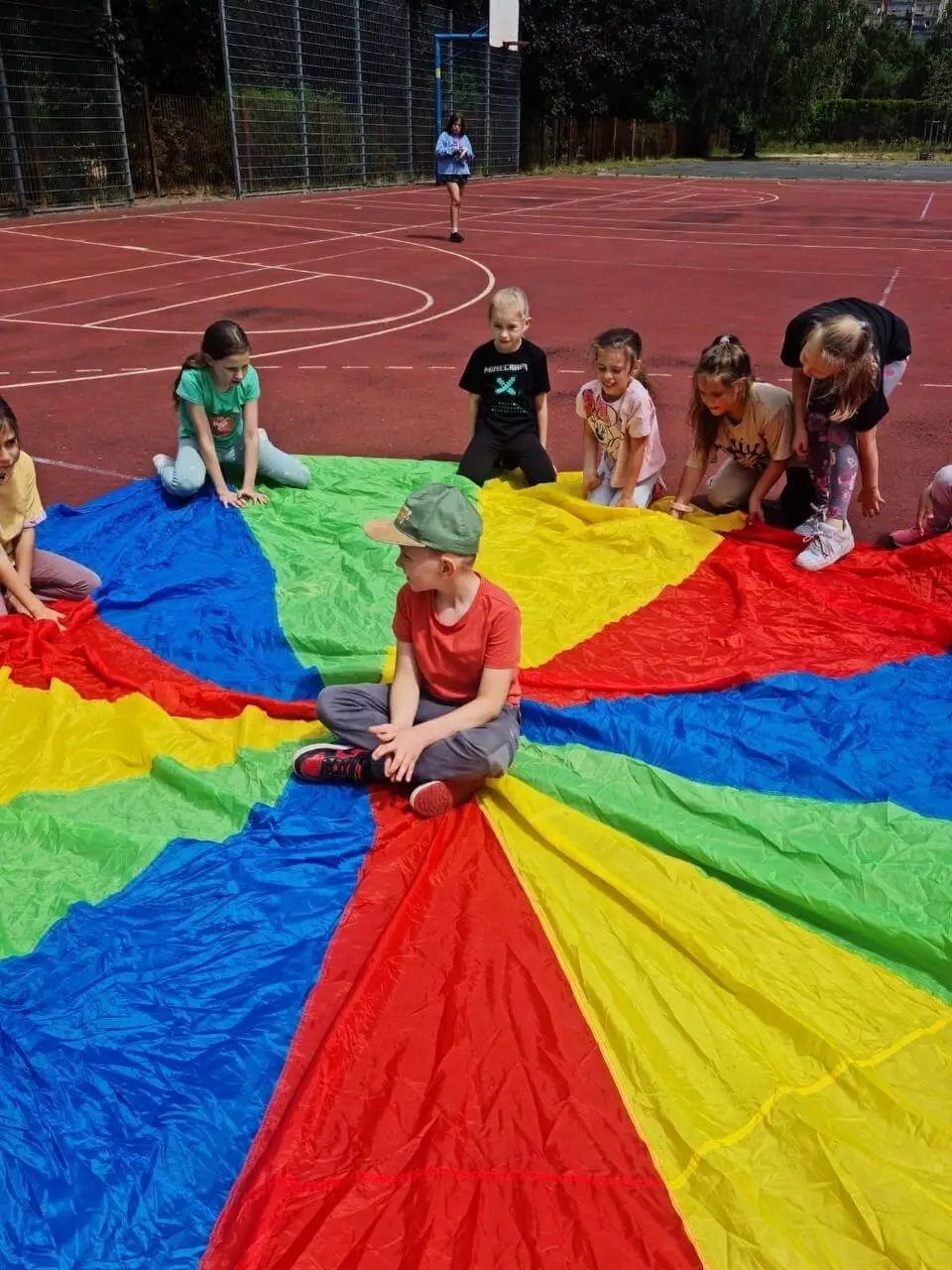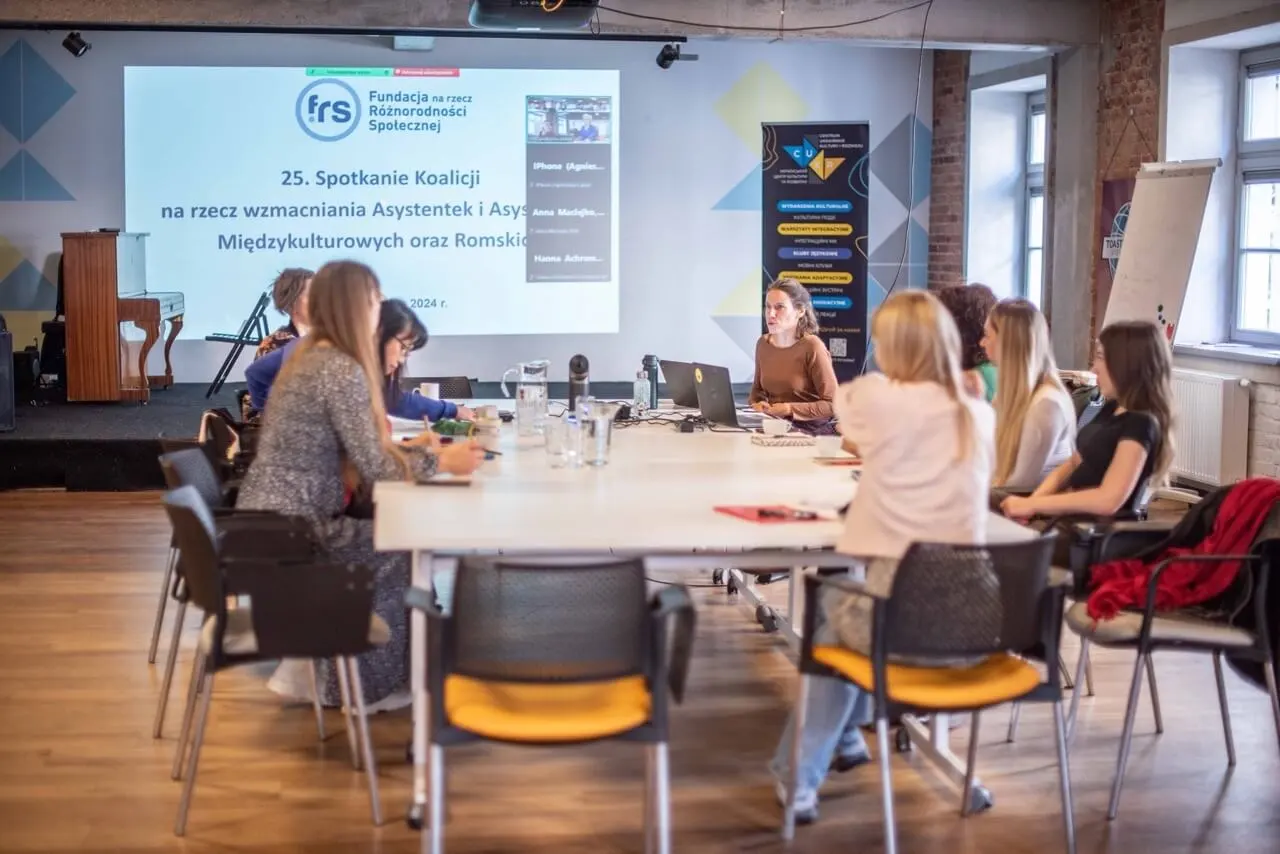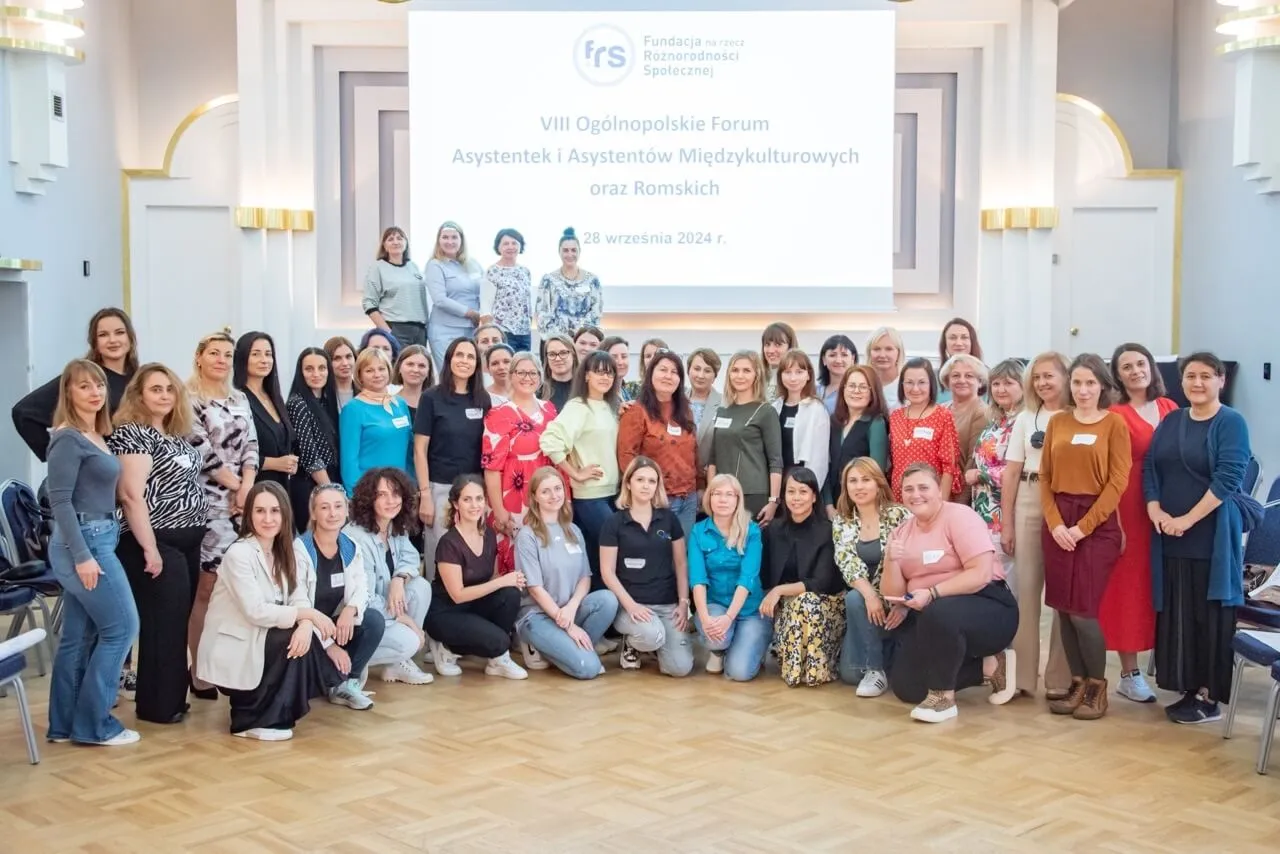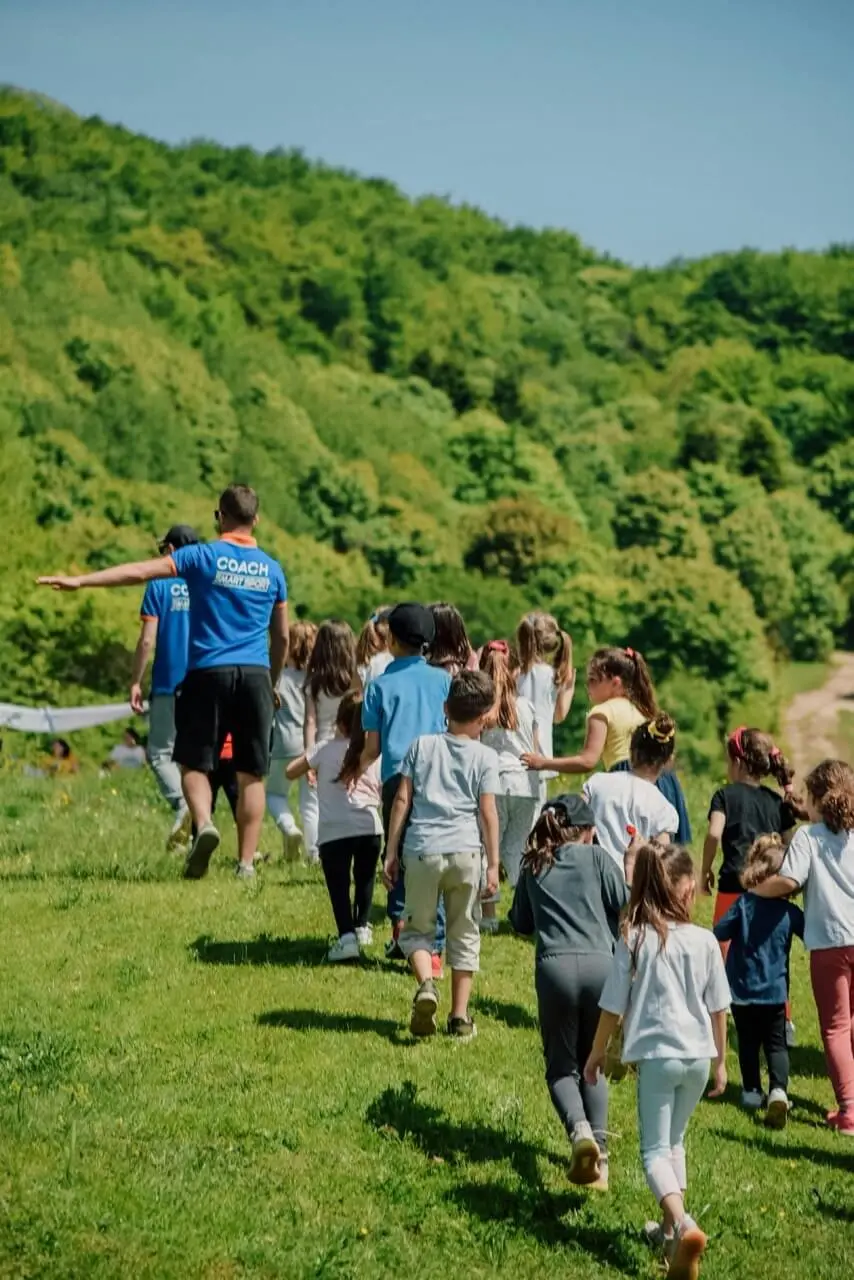Project Goal Refugee Children Support Ecosystem – Towards the Systematic Solution:
The project “Refugee Children Support Ecosystem – Towards the Systematic Solution” aims to provide comprehensive educational support for refugee children from Ukraine in Poland, with a particular focus on strengthening the professional role of intercultural assistants. Through this initiative, we aim to help refugee children overcome the challenges they face: language barriers, emotional instability, and integration difficulties, by providing them with tailored and professional assistance in schools. The project also aims to create a sustainable support model that will gradually extend beyond the project itself, allowing public institutions, such as schools, to take over the responsibility of hiring intercultural assistants.
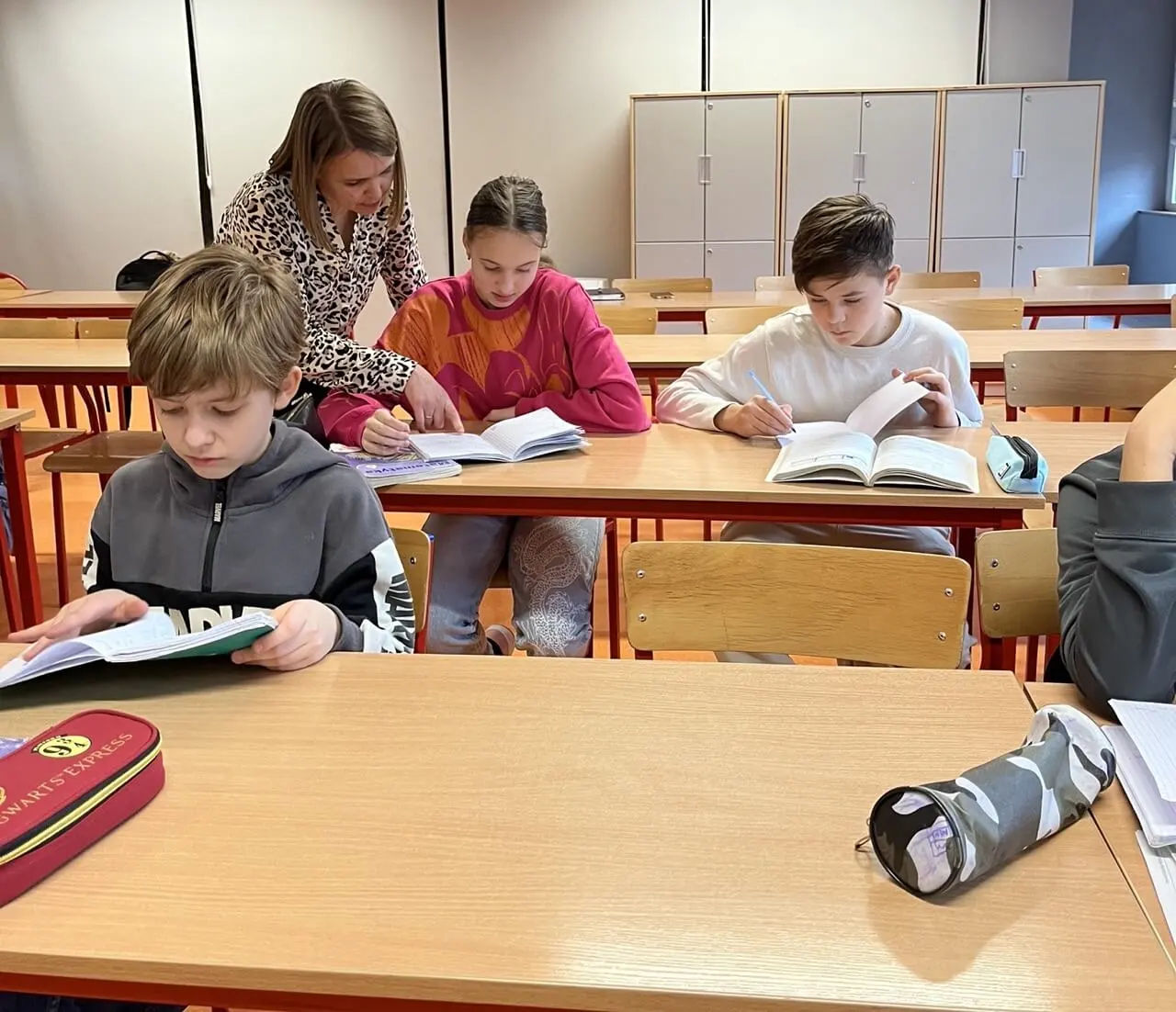
Main activities in the project include
- Support for intercultural assistants:
Hiring a team of experienced intercultural assistants who will permanently support refugee children in schools in Lower Silesia. These assistants will help with language learning, support children in educational and emotional integration, and collaborate with teachers and parents. - Training and professional support for assistants:
Enhancing assistants’ competencies through specialized training and providing psychological support. Assistants will also undergo regular supervision, which will help refine their working methods and respond appropriately to challenging situations. - Transfer of responsibility to public institutions:
A key aspect of the project is the gradual transfer of responsibility for hiring intercultural assistants to public institutions, particularly schools, in a controlled and supportive manner. In close cooperation with local and national authorities, we aim to ensure a smooth transition, which will allow the maintenance of high-quality support and continuity of assistance for refugee children. After the project ends, schools and public institutions will take on the responsibility for hiring and managing intercultural assistants, equipped with tools, training, and best practices developed during the project. - Emotional support and supervision for intercultural assistants:
Providing mobile psychologists who will conduct individual and group supervision sessions for intercultural assistants. Special attention will be given to difficult cases and the need to care for the well-being of assistants, many of whom also have refugee experience. - Conducting Cultural Days in supported schools:
Assistants will organize Cultural Days, during which students from different backgrounds will be able to showcase their cultural heritage through food, music, dance, and traditional clothing. These events will provide an opportunity for cultural exchange, education, and promoting understanding and respect for diversity in the school community. - Organizing sports events as a tool for integration:
Assistants will organize sports events that will bring together students from various cultural backgrounds, enabling them to participate in friendly competitions or joint team activities. These events will emphasize the importance of teamwork, collaboration, and mutual respect, regardless of cultural differences. Participation in sports activities will help refugee children build self-confidence and establish social connections. We plan to organize at least 10 such events.
Expected Outcomes:
By implementing this project, we expect that from January to June 2025, support from intercultural assistants will benefit at least 1,200 refugee children, mainly primary school students, in 25 schools in Lower Silesia. The project will contribute to improving the quality of integration of refugee children in Polish schools, as well as strengthening the support system, which will continue after the project through public institutions. Additionally, the project will foster greater intercultural cooperation and increase understanding and tolerance within school communities.

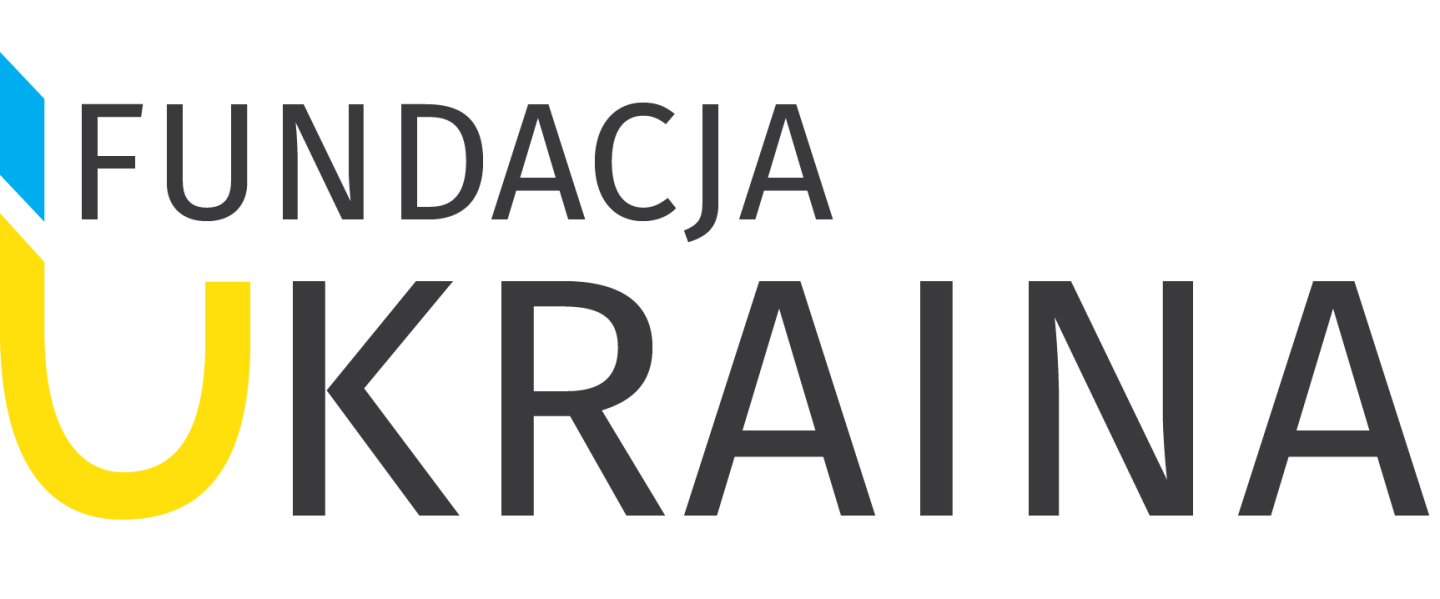
The project “Refugee Children Support Ecosystem – Towards the Systematic Solution” is funded by Save the Children Poland.


